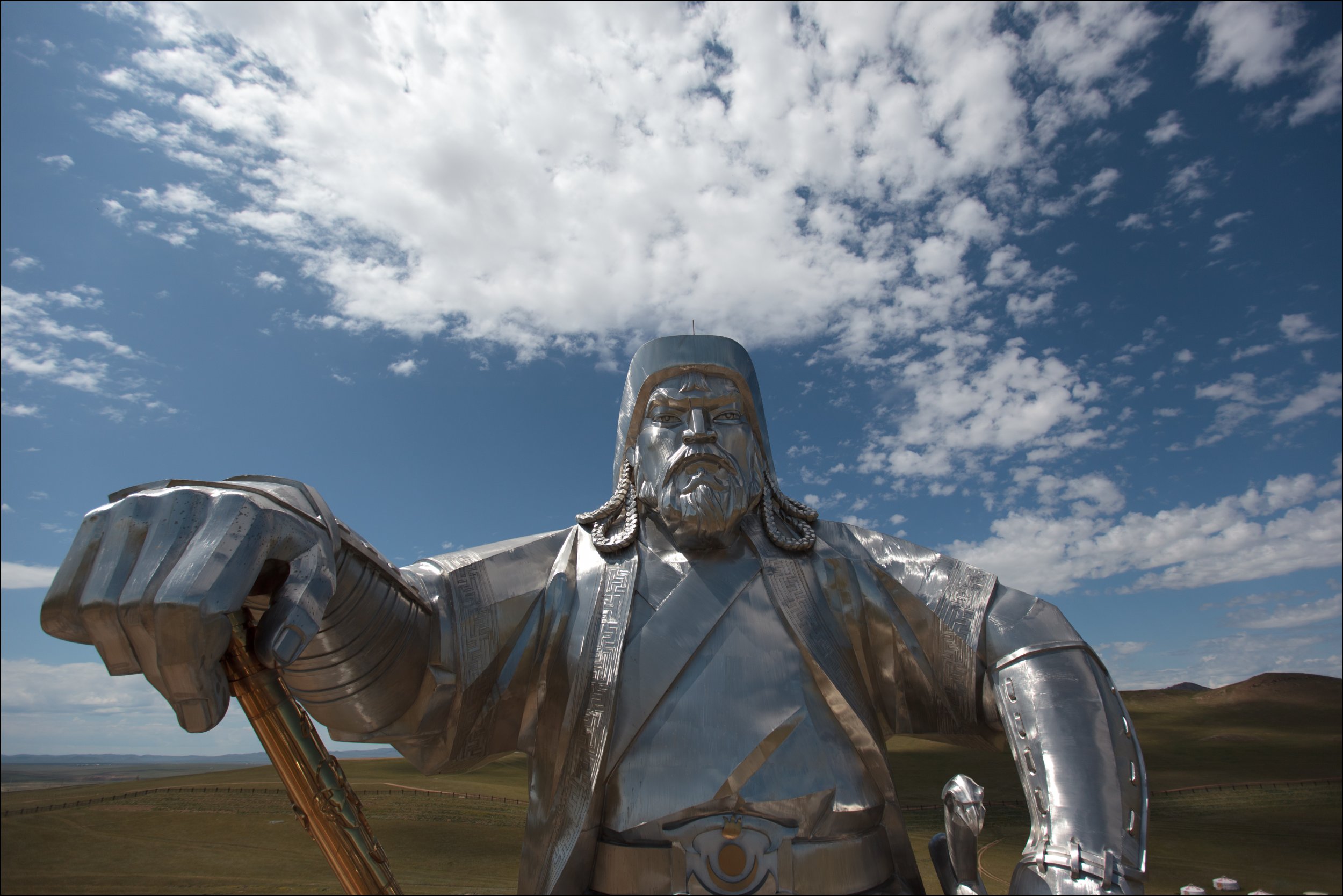
Hundreds of millions of Asian men alive today could be descendents of just 11 dynastic leaders who lived up to 4,000 years ago, according to researchers at the University of Leicester in the UK.
The study, published in the European Journal of Human Genetics, looked at the Y-chromosome - the chromosome passed from father to son - in around 5,300 Asian men from more than a hundred different ethnic groups and nationalities.
Most Y-chromosome types are extremely rare and so the prevalence of common Y-chromosome types amongst those they found in the Asian men they tested suggests hundreds of millions of people alive today were descended from just a handful of common ancestors, according to the researchers.
"We found that overall, about 37% of them carried Y-chromosome types that descend from these 11 founders," says Professor Mark Jobling from the University of Leicester who was the project's leader.
"So we extrapolated that to Asia as a whole. It's a bit dodgy, but if you did that there's more than a billion descendents. I would say hundreds of millions is probably right though. We can't really be sure just by multiplying it by the population of Asia because there are some parts of the continent that we didn't sample very well in our study. I would say hundreds of millions is a good ball-park figure."
In the report, Professor Jobling explains how the chromosomes for some lineages may have become so prevalent: "The youngest lineages, originating in the last 1700 years, are found in pastoral nomadic populations, who were highly mobile horse-riders and could spread their Y chromosomes far and wide. For these lineages to become so common, their powerful founders needed to have many sons by many women, and to pass their status - as well as their Y chromosomes - on to them. The sons, in turn, could then have many sons, too. It's a kind of trans-generation amplification effect."
Although the team are not completely sure about who the dynastic leaders are, as they would have to test their remains to be sure, Genghis Khan is widely thought to be one.
"His lineage was previously discovered in a study which showed this very common kind of Y-chromosome, and they ascribed it to him because the distribution of the Y-chromosome type fits Khan's empire very well", says Professor Jobling.
He explains that the study found the Y-chromosome first developed around a thousand years ago, and it's believed to have originated in Mongolia. "If you put those together, you can guess it was him."
He adds that that while these Y-chromosome clusters are prevalent in Asia, there is also a European example of a figure who is thought to be related to around three million men alive today.
"There's a similar kind of descent from a founder in Ireland, a medieval founder and that's been identified with somebody called Niall of the Nine Hostages, but that might actually be a mythical figure," he says.
"Nonetheless there is a very common Y-chromosome type in Ireland that descends from somebody who lived around about a thousand years ago."
Uncommon Knowledge
Newsweek is committed to challenging conventional wisdom and finding connections in the search for common ground.
Newsweek is committed to challenging conventional wisdom and finding connections in the search for common ground.
About the writer
Luke is a reporter at Newsweek Europe based in London covering politics, business, science and technology. @HurstWords
To read how Newsweek uses AI as a newsroom tool, Click here.








